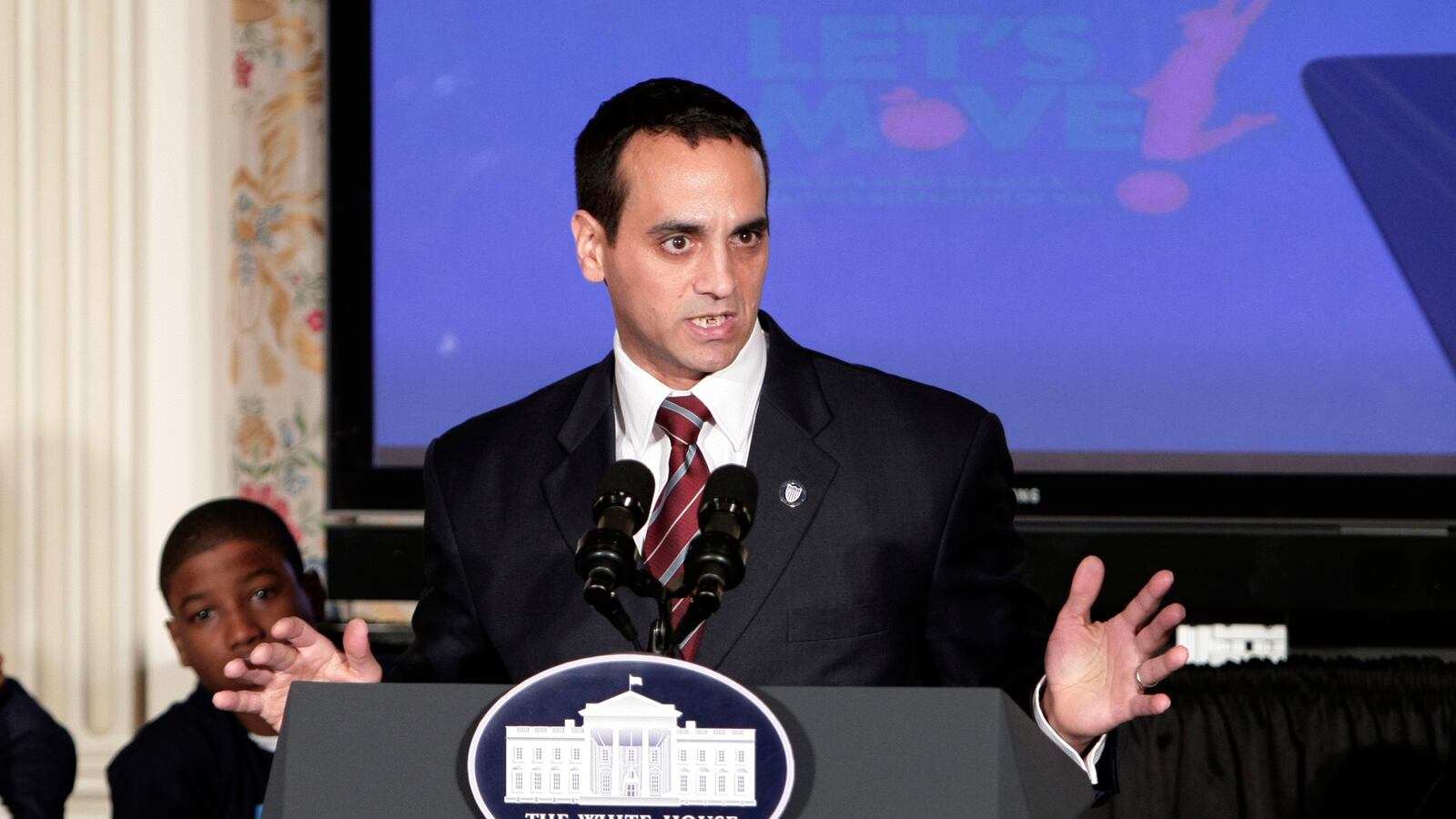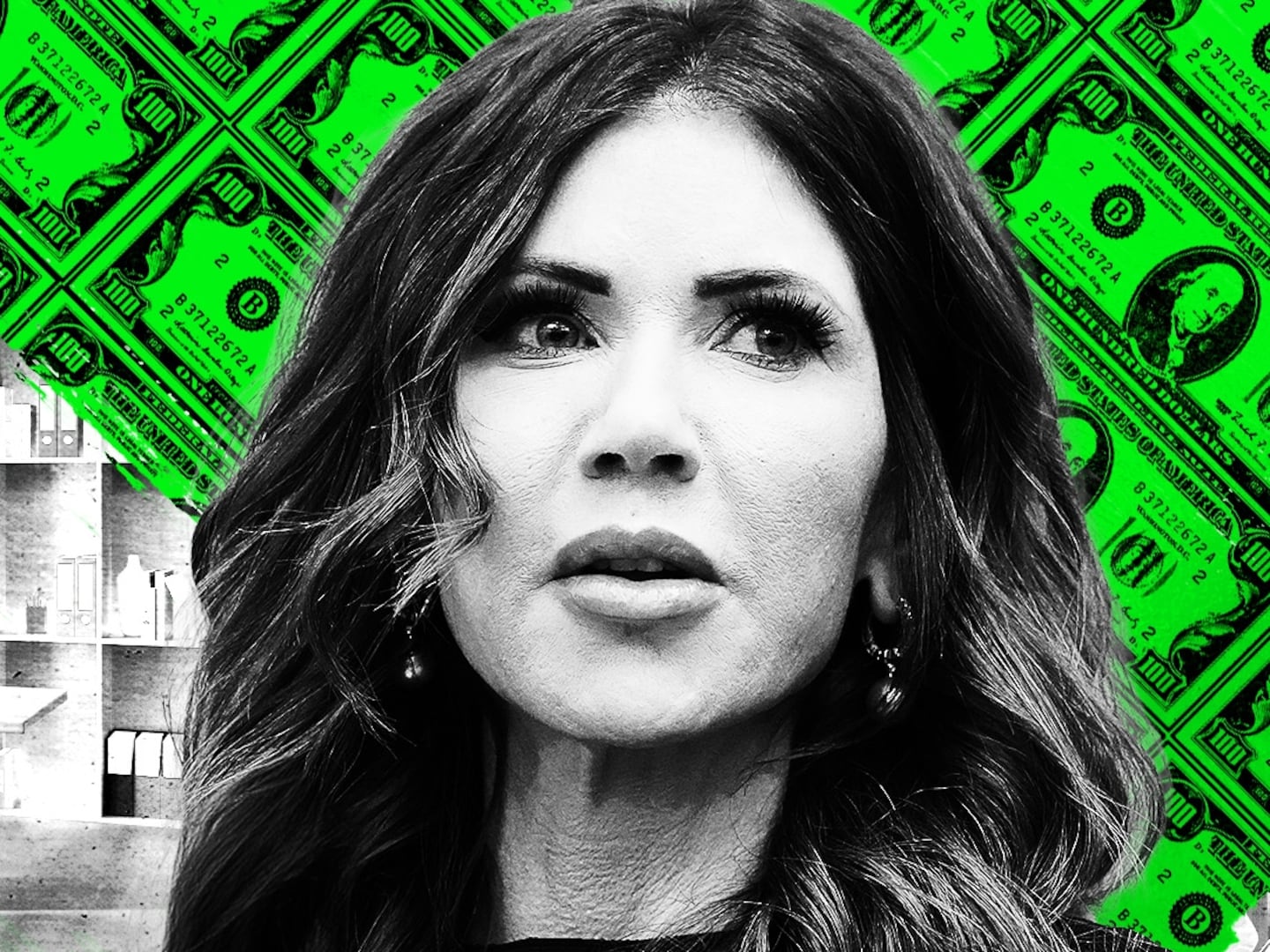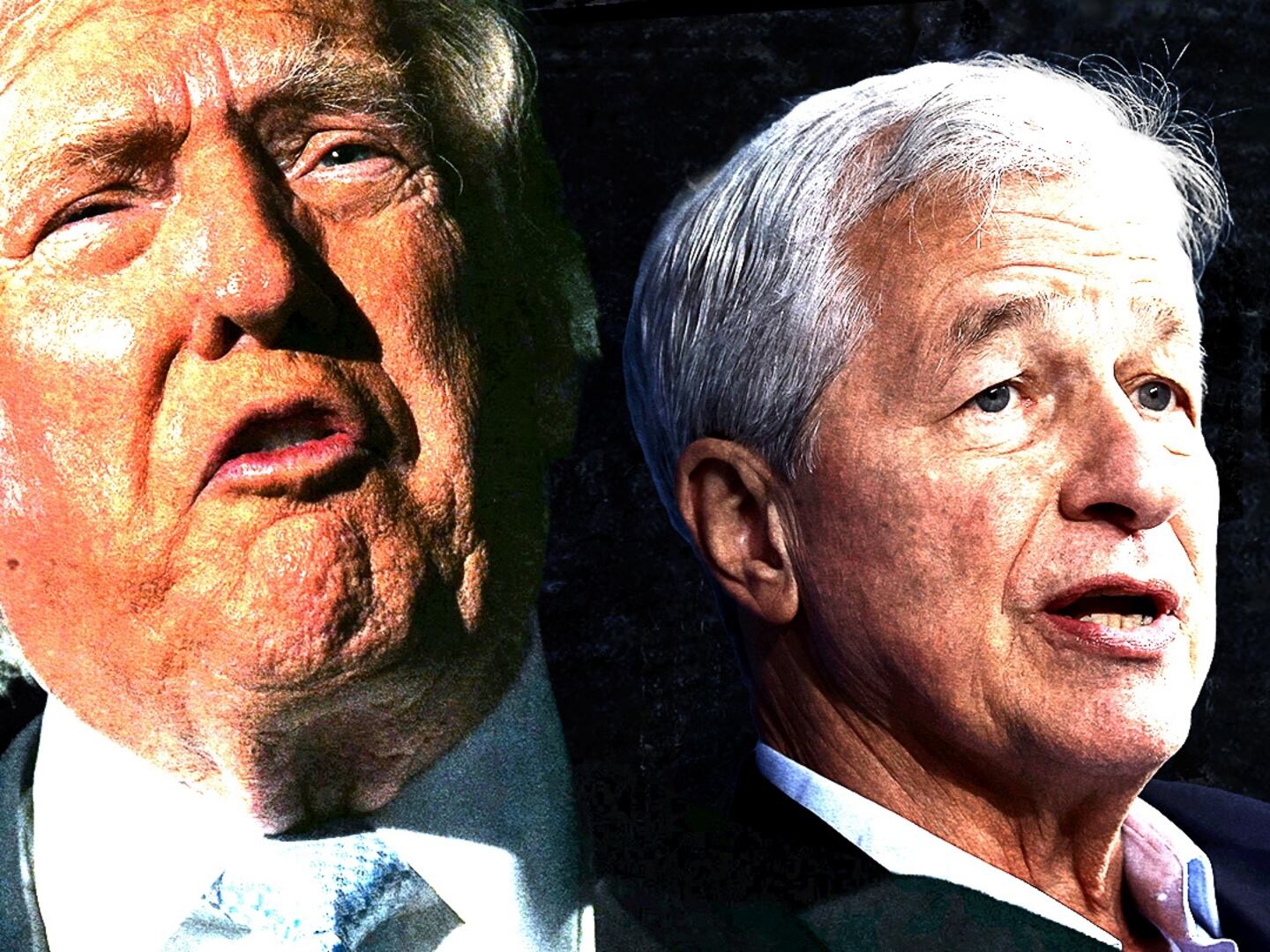Much as it has in nearly every election in recent memory, the issue of immigration has proved to be a divisive wedge among Republican presidential hopefuls this primary season. Most notorious among them is Donald Trump, of course, the festering rhetorical granuloma whose characterization of Mexican immigrants as rapists grabbed most of the headlines.
Not to be undone, Louisiana Governor Bobby Jindal hitched his Radio Flyer to the anti-immigration wagon when he said this week that mayors of “sanctuary cities” should be held responsible for crimes committed by undocumented immigrants under their jurisdiction.
“They should be criminally liable as accessories,” he said in an interview with the Boston Herald. “We need to say, ‘Mayors, councilmen, if you are going to flout federal law, there should be consequences.’”
One mayor bristling at Jindal’s finger-wagging is Joseph Curtatone of Somerville, Massachusetts, who dismissed the governor’s comments as misguided fear-mongering—and an attempt to muddy the understanding of what sanctuary cities actually are.
“I believe most people understand the issue is much more complex than Governor Jindal or Donald Trump—or anyone else who’s trying to ignite or incite the mob—are reporting,” Curtatone tells The Daily Beast.
“When you’re desperate and trailing in the polls—barely a blip on the radar screen—it’s a sad thing that people will say anything to cultivate a mob or get a reaction. We’re declaring war on more than 11 million people in the country. The most vulnerable—people trying to chase the American dream, like my immigrant family did,” he says.
In cities like Somerville, and a couple hundred others around the country, the term “sanctuary city” means local law enforcement doesn’t explicitly expend resources on immigration enforcement, instead leaving it to federal agents. Sanctuary cities won’t refuse a request from a federal agency to hold someone—they simply won’t automatically do so when arresting a person who may not be documented based on racial profiling suspicions.
The issue has made a recent resurgence in national politics because of a murder in San Francisco last month. An undocumented Mexican immigrant—who’d been arrested multiple times before—shot and killed a woman who was simply walking down the street. This tragedy served as a talking point for those already inclined to blame all of the country’s problems on the perceived barbarian hordes just outside the gates.
But Curtatone argues that tasking local law enforcement with the job of policing immigration violations actually leads to less safer communities. Since Somerville instituted the policy back in 1987, the city has seen a 41 percent decrease in crime.
One possible contributing factor—as findings in studies like one by the University of Illinois-Chicago back in 2013 suggest—is that when undocumented immigrants fear law enforcement, they’re less likely to cooperate.
“Forty-four percent of Latinos surveyed reported they are less likely to contact police officers if they have been the victim of a crime because they fear that police officers will use this interaction as an opportunity to inquire into their immigration status or that of people they know,” the study found.
That data matches what Somerville has seen in practice.
“We found the approach of profiling and distinguishing between documented and undocumented status led to a firewall being created between us and our constituents,” Curtatone says. “It was actually detracting from our ability to work together with the community to solve issues of public health and public safety.”
Residents weren’t just less likely to engage with police, he says, but they appeared to be discouraged from using any sort of city services at all—including health agencies—inviting a whole host of other problems detrimental to the city.
“Inherently people sometimes have distrust for institutions, and especially law enforcement. Maybe they come from a country that is less stable, [where] the government and law enforcement might be corrupt and they suffered great harm as a result,” says Curtatone. “We’ve seen, in some cases, where even when the immigrant is documented—or even those who have gained legal status—had been resistant to coming forward when they were victims or witnesses to crimes.”
That has changed somewhat in the past year. Curtatone says that’s because the city stopped participating in a deportation program, Secure Communities, which encourages partnership between federal, state, and local law enforcement agencies.
“As municipal leaders we’re trying to build healthy and happy communities, and to do that we need the support of everyone we represent,” he says. “I represent everyone in my city no matter their status.”
The city of Somerville, adjacent to Boston—regularly referred to as Boston’s Brooklyn in reaching trend pieces—is home to roughly 75,000 residents, and is the most densely populated city in Massachusetts. According to recent census records, one-third of the residents are documented immigrants, speaking over 52 languages. Nonetheless, it’s one of the fastest rising real estate markets in the country, in part because of its proximity to Boston, but largely due to its exceptional support for the arts and culinary fields—and that it’s home to such a vibrant, diverse array of cultures.
Of course, like any other densely populated area, it has its share of crime. But Curtatone thinks making a percentage of residents afraid by default of city services only exacerbates that.
“What we’ve seen in Somerville—with how we approach community-based policing, and how we embrace everyone—is our crime is down 41 percent since we proclaimed ourselves to be a sanctuary city. We’ve seen that data throughout history,” he says.
“During the period of the largest amount of undocumented immigration in the country in the early ’90s, undocumented males were less likely to commit crimes than people who were already residents. All the data and statistics support that.”
That’s why he thinks Jindal’s comments don’t get the point.
“It’s very absurd, Governor Jindal and Donald Trump’s comments,” says Curtatone. “It doesn’t speak to what the real challenge is here, which is: How do we take on the issue of immigration reform?”
Curtatone thinks those railing against sanctuary cities should take the time to look at the numbers—and maybe even visit them.
“I invite any candidate running for president to come see our neighborhoods, walk with our police, understand our community issues, because we respect and embrace everyone as part of our community,” he says.
That doesn’t mean a free pass for criminals, undocumented or otherwise, he insists.
“If you commit a crime, whatever your status is, we’re going to charge you, investigate, and seek the fullest penalty within the law,” he says. “And that’s a fact.”
Curtatone says Somerville does, in fact, fully cooperate with federal law enforcement, and they have agents working with the FBI, ATF, and customs.
“But we’re not going to do anything that violates the Constitution of the United States. We’re not going to stereotype or profile or just act on an attempt to distinguish whose immigration status is documented or undocumented,” he says. “All we’re doing is breaking up families, and separating children from their parents—and weakening our communities by weakening families.”
Curtatone, himself the son of immigrants to this country from Italy, insists divisive rhetoric is not “what our country was built on.”
“We embrace those who are disadvantaged, we give a hand to those in need of assistance,” he says. “We’ve never used as an argument or example of what makes us great the ability to incite an angry mob, or to target the disadvantaged or the most vulnerable.”






